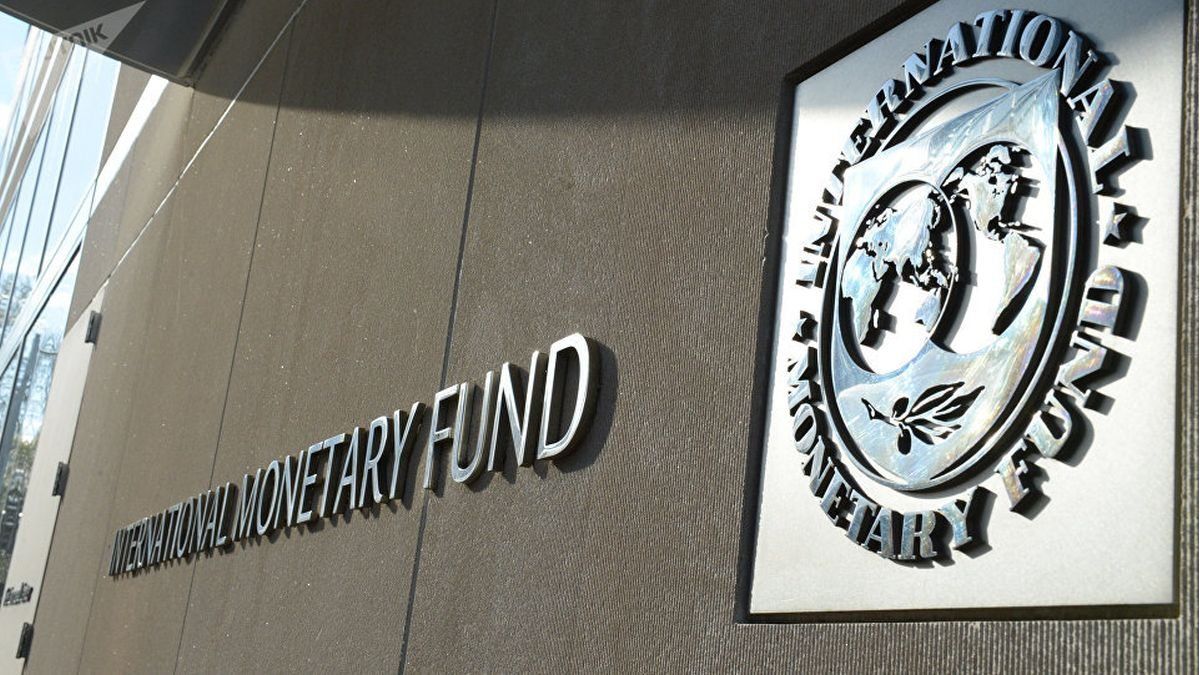The agreement is subject to the approval of the Executive Board of the IMF, which is expected to meet this month. Once the review is complete, Argentina will have access to around US$6 billion, of which US$4.5 billion correspond to Special Drawing Rights (SDRs).
“IMF technical staff and the Argentine authorities reached an agreement at the technical staff level on an updated macroeconomic framework and associated policies necessary to complete the third review under Argentina’s 30-month SAF agreement,” said a statement from the agency. .
The negotiations, which included face-to-face and virtual meetings, took place between an IMF team, led by Luis CubedduDeputy Director of the Western Hemisphere Department and Ashvin AhujaHead of Mission for Argentina, and the Argentine authorities.
“The review focused on assessing recent progress in the implementation of the program and reaching understandings on policies to further strengthen macroeconomic stability in the framework of a more challenging context,” the text continues.
During the meetings, it was agreed that the key objectives of the program such as the primary fiscal deficit and the net international reserves they would remain unchanged for the remainder of 2022 and 2023. In addition, there was discussion of the need for policies to adapt as necessary should external and internal risks materialize.
The organization also highlighted that despite the challenges posed by global problems such as the war in Ukraine, the Argentine government managed to meet all “quantitative performance goals until the end of September 2022, including the primary fiscal deficit due to strong controls of expenses and actions to improve the targeting of subsidies and social assistance”.
They also celebrated the recent debt restructuring agreement with the Paris Club, as well as the improvement in inflation rates and the trade balance “largely due to an appropriate slowdown in domestic demand and imports.”
However, they warned that macroeconomic conditions are still “fragile” and recommended continue with the fiscal consolidation process “which provides for a reduction in the primary fiscal deficit from 2.5% of GDP in 2022 to 1.9% of GDP in 2023”.
“This must be supported by efforts to continue to mobilize revenue, strengthen spending controls, and improve the targeting of subsidies and social assistance in a timely manner, while providing space for priority social and infrastructure spending.”pointed out from the IMF.
Source: Ambito
David William is a talented author who has made a name for himself in the world of writing. He is a professional author who writes on a wide range of topics, from general interest to opinion news. David is currently working as a writer at 24 hours worlds where he brings his unique perspective and in-depth research to his articles, making them both informative and engaging.




